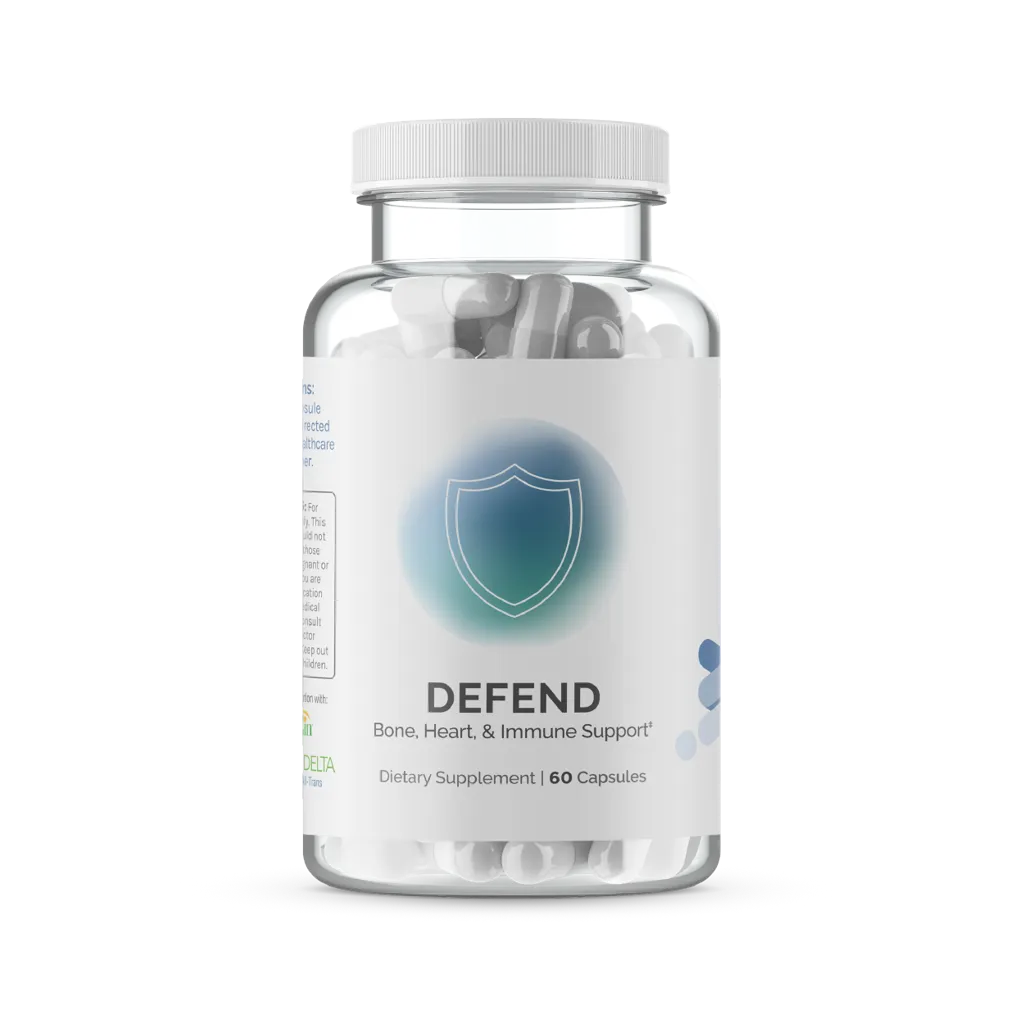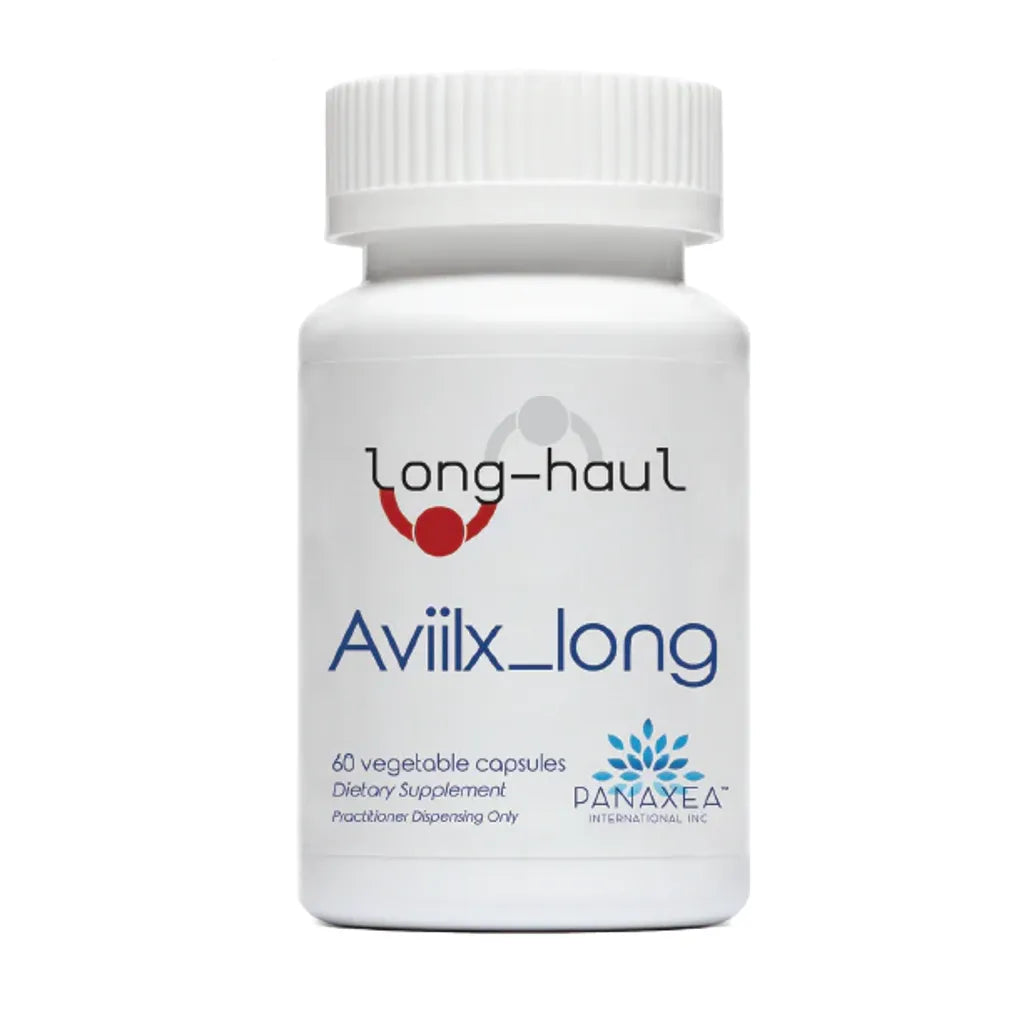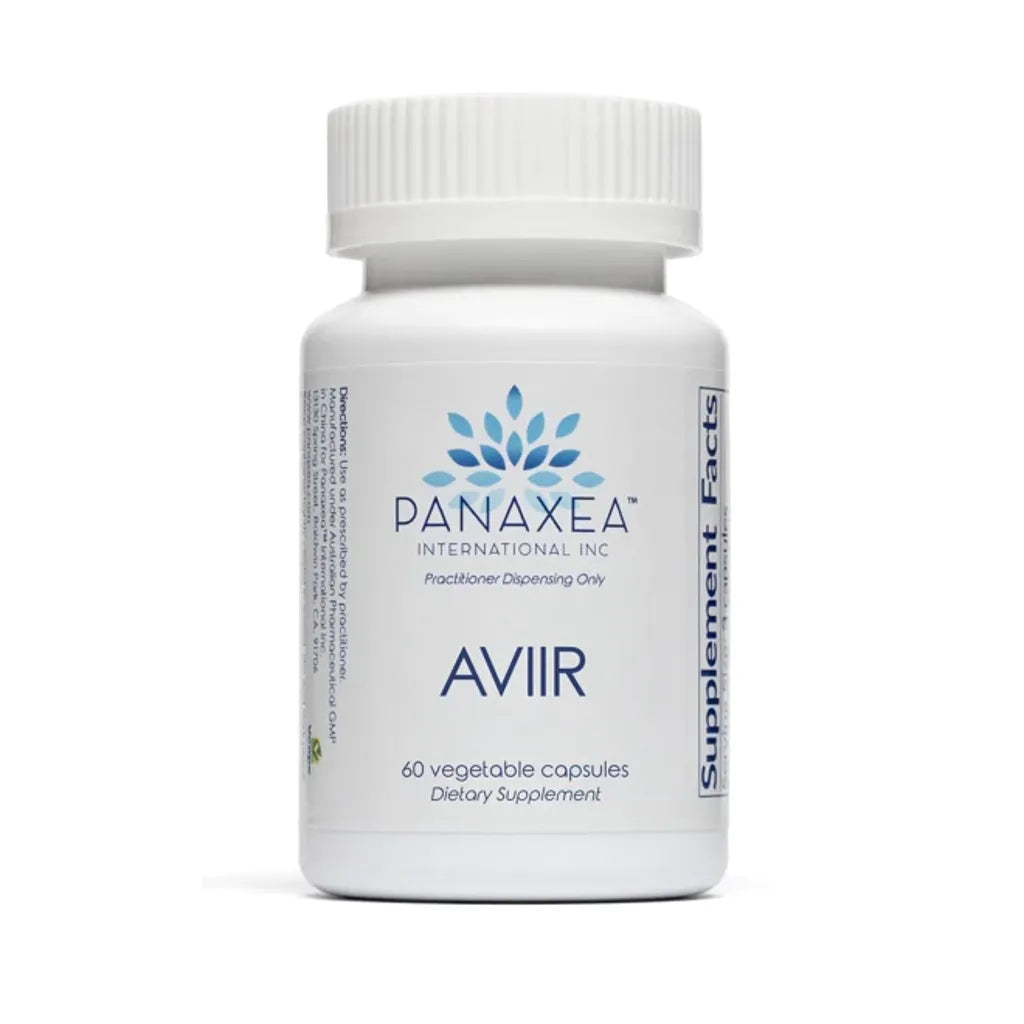Hormones are the body’s chemical messengers. They coordinate sleep, reproduction, energy, mood, metabolism, and stress responses—making them central to nearly every aspect of health. In women, two hormones in particular—estrogen and progesterone—fluctuate across life stages, shaping unique health patterns. Cortisol, the stress hormone, also plays a powerful role by influencing or disrupting balance. Understanding these key players and their rhythms gives you tools to support health across the lifespan.
Key players: estrogen, progesterone, cortisol
- Estrogen: best known for its role in reproductive health, estrogen also supports bone density, cardiovascular protection, cognitive function, and mood. It enhances serotonin, helps regulate temperature, and contributes to skin elasticity.
- Progesterone: balances estrogen and plays a calming, restorative role. It promotes relaxation, supports sleep quality by acting on GABA receptors, and stabilizes cycles during the luteal phase.
- Cortisol: the body’s primary stress hormone, produced by the adrenal glands. In short bursts it is adaptive—helping you respond to challenges. But chronic cortisol elevation can suppress reproductive hormones, blunt progesterone’s effects, and contribute to irregular cycles (NIH: Stress & cortisol).
Life stages and hormone balance
Hormone rhythms shift depending on age and life stage. Each stage brings distinct patterns—and opportunities for support:
- Reproductive years: Estrogen and progesterone follow monthly rhythms that shape menstrual cycles, fertility, and mood. Healthy ovulation supports adequate progesterone production, which balances estrogen and helps regulate sleep and energy.
- Pregnancy: Hormone levels surge to sustain fetal development. Progesterone rises sharply, often contributing to fatigue but also supporting uterine stability and sleep.
- Perimenopause: The transition years often bring irregular cycles and unpredictable swings in estrogen and progesterone. Hot flashes, night sweats, sleep issues, and mood changes are common.
- Menopause: Defined as 12 months without a menstrual cycle, menopause is marked by lower estrogen and progesterone. This brings long-term changes in bone density, cardiovascular risk, and body composition.
How stress intersects with hormones
Stress hormones interact with reproductive hormones in powerful ways. Elevated cortisol can:
- Suppress progesterone, leading to anxiety, lighter sleep, or shortened luteal phases.
- Shift estrogen balance, contributing to irregular cycles.
- Disrupt thyroid signaling, further influencing metabolism and energy.
Chronic stress management is therefore not just about mood—it’s about protecting hormonal balance long term.
Nutrition and lifestyle anchors for hormone balance
While not every hormonal shift is under voluntary control, daily habits can stabilize rhythms and buffer fluctuations:
- Protein and micronutrients: Protein at meals supports hormone production and blood sugar stability. Micronutrients like magnesium, zinc, and B vitamins play cofactor roles in hormone synthesis.
- Movement: Regular strength training and aerobic activity improve insulin sensitivity and lower chronic cortisol.
- Sleep: Consistent 7–9 hours supports circadian alignment, growth hormone release, and reproductive hormone cycles (see Sleep 101).
- Stress resets: Breathwork, journaling, yoga, or even short walks can help lower cortisol and stabilize reproductive hormones (see Stress 101).
Common myths about hormones
- “Hormones only matter during menopause.” In reality, hormones influence energy, mood, and health throughout life.
- “Estrogen is always bad.” While excess estrogen without balance can cause symptoms, healthy estrogen levels are protective for bone, brain, and heart.
- “Low progesterone isn’t important.” Low progesterone can contribute to anxiety, sleep disruption, and irregular cycles. It’s a key piece of hormonal harmony.
When to seek support
Signs of hormonal imbalance may include irregular cycles, persistent fatigue, mood swings, unexplained weight changes, or sleep disruptions. If these persist, consider:
- Medical evaluation: Testing hormone levels can clarify whether symptoms stem from thyroid, reproductive, or adrenal hormones.
- Functional nutrition support: Dietitians and practitioners can help adjust nutrition for balance.
- Targeted supplementation: Under professional guidance, supplements like magnesium, omega-3s, or adaptogens may support hormonal resilience.
Cross-links to related content
Explore how hormones tie into:
- Sleep & Hormones: Why Women’s Sleep Challenges Differ
- Cycle Syncing: Nutrition & Training Through Hormonal Shifts
- Perimenopause & Menopause: Nutrients That Help
- Stress, Cortisol, and Hormonal Imbalance
Authority resources: NIH: Hormones basics · NIH: Stress & cortisol











